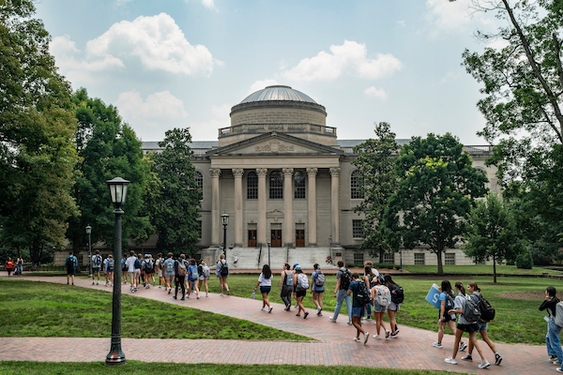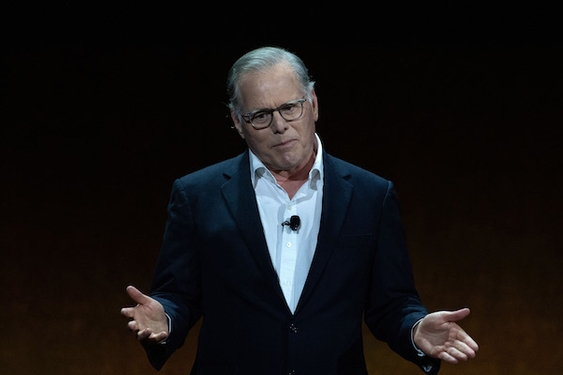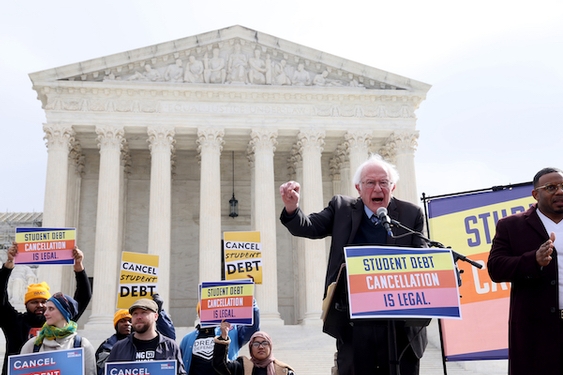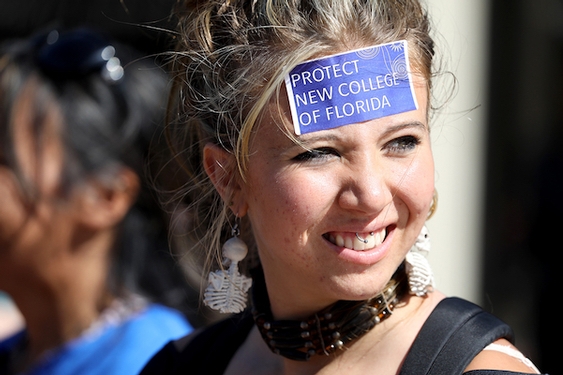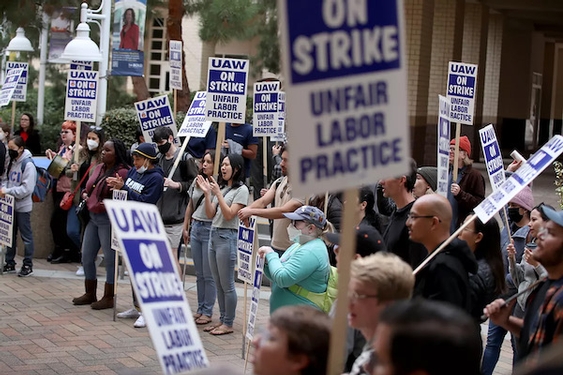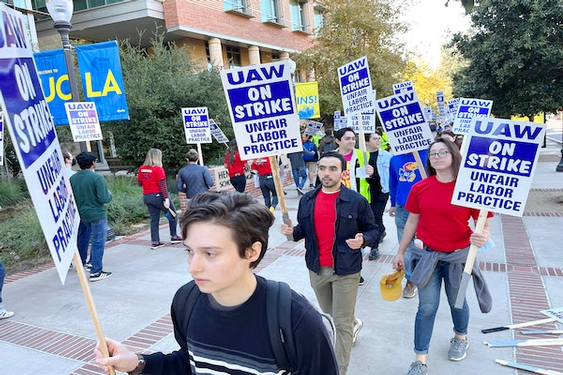Students and graduates sometimes worry that their educational credentials don't stack up to those whose degrees came from more elite institutions.
Most employers would tell such worriers to relax. Yes, there may be an initial edge to a resume from an Ivy League or selective school. And, yes, an MBA from a top-rated university may get a longer look than a distance learning credential.
But time and again I hear from employers that what matters most is the individual. What kind of experience do you have? What were your grades like? How well do you present yourself on paper and in interviews? What do your references say about you?
This isn't a statistically valid poll, but a small group of Kansas City area employers recently answered queries from a career counselor and a community college professor. The questions were whether employers look down on degrees from public schools versus private ones, or whether employers discount fast-track business degrees compared to longer, traditional programs.
The consensus: It doesn't matter to the point that job hunters should obsess about it.
The employers agreed they were more interested in the type of degree and in the individual responses in interviews. What matters is that the candidate seems prepared and suited to handle the demands of the job.
Over time, though, I have heard employers who evaluate MBA recipients say they prefer programs that include classroom and group participation.
While a person sitting at home and working on self-paced, online studies can learn well, employers say they want to see problem-solving experience in team environments. That's what the business world often requires, not lone-wolf production.
That said, it's better to follow any curriculum to a degree than to not enroll at all.
(c)2013 The Kansas City Star
Distributed by MCT Information Services






